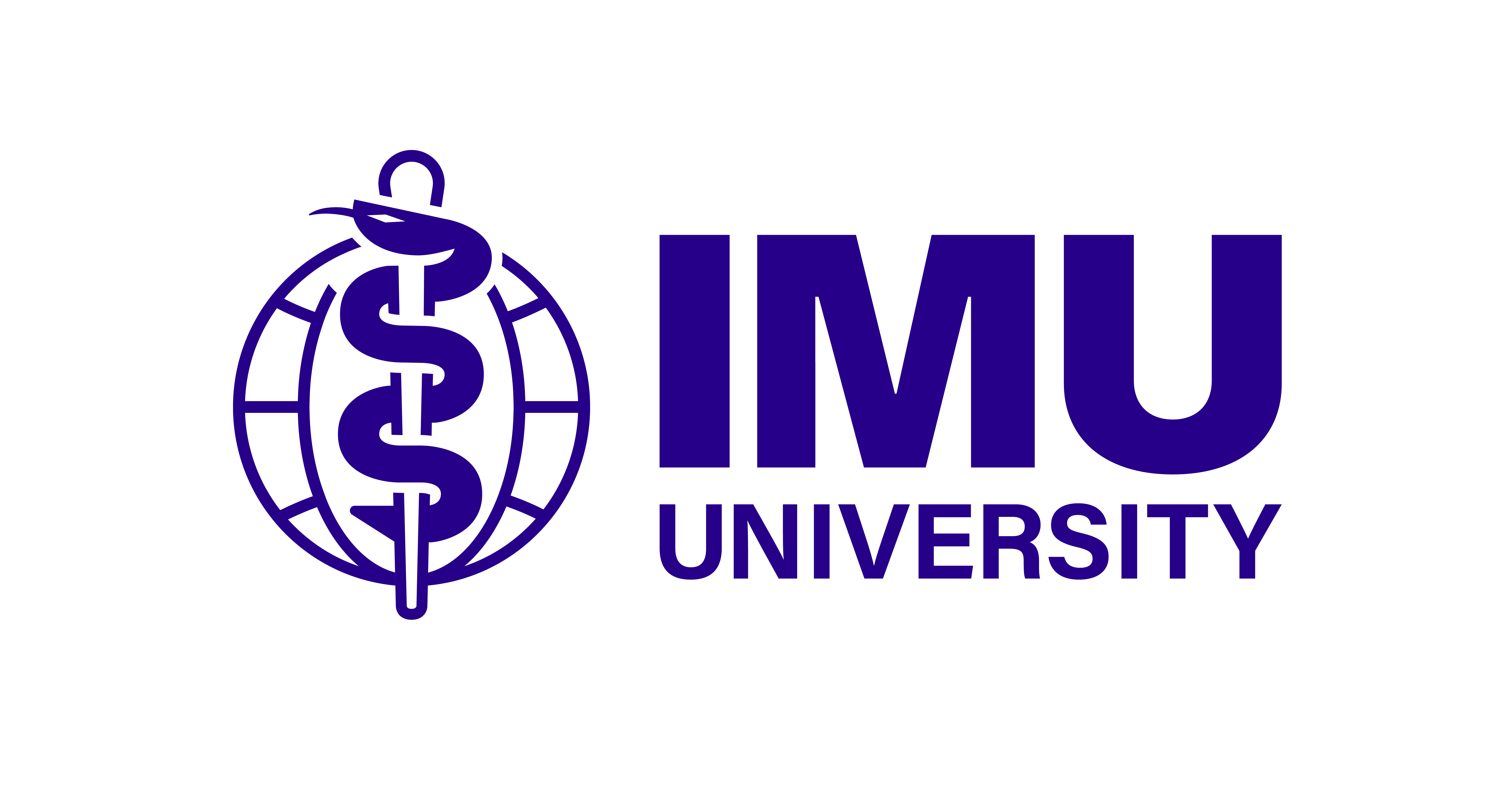Authors: Makmor Tumin, Khaled Tafran, NurulHuda Mohd Satar.
ABSTRACT
Background: Most countries around the world have experienced a shortage in organs needed for transplantation. Organ donation performance is widely attributed to two important factors: the legislation and the role of the family. Thus, this literature review aims to examine the willingness of people for organ donation while highlighting the importance of having a presumed consent system.
Methodology: In this study, we explored many papers of which 10 articles were studied to gain conclusive understanding of the two factors and their interactions.
Results: Our analysis of literature regarding the legislation and family response showed that the presumed consent system for organ donation accounted for 21 – 30% higher organ donation rates than the informed consent system. We also found a gap between the willingness of people to donate their own and their relatives’ organs. The ratio of people willing to donate their organs after death was estimated to be 10 – 12% higher than the ratio of those willing to donate their relatives’ organs. Furthermore, the study revealed the importance of a presumed consent system in raising the willingness of the people and their relatives for donation, but that did not eliminate the gap.
Conclusion: Countries seeking to overcome organ shortage and increase organ donation rates by moving towards the presumed consent system should consider the importance of providing families with proper information about this system. The fact that a gap between the willingness of the people to donate their own as well as their deceased relatives’ organs exists, has to be conveyed to the governments, which will be helpful in optimising organ donation rates.
Keywords: Family, informed consent, organ donation, presumed consent, public view.
Citation: IeJSME 2015 9(3): 20-26

